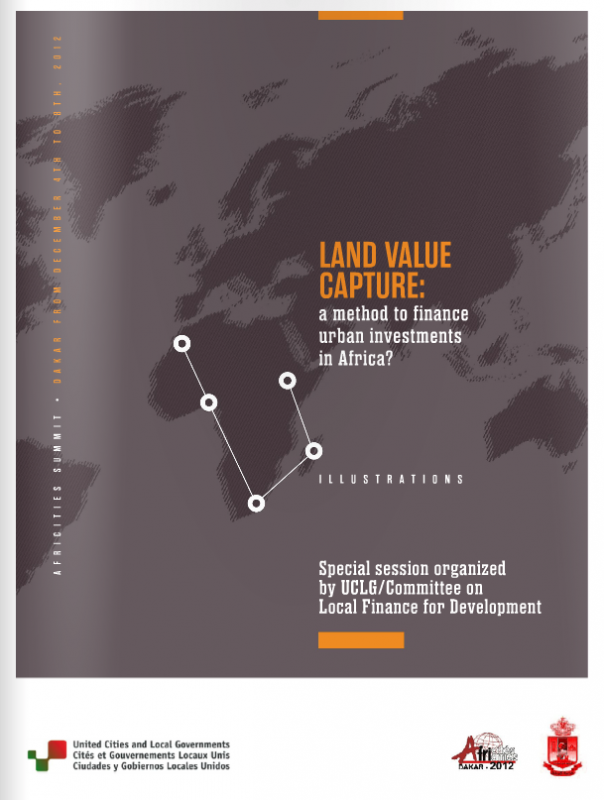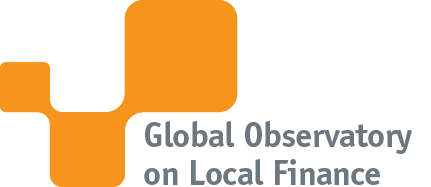Land Values Capture: A method to finance urban investment in Africa?
Details

Land value capture constitutes a strong line of the strategy of the Committee on Local Finance for Development in its role of supporting Local Governments’ access to financing.
This publication from 2013 outlines the experiences, projects and expertise presented during the special session of Africities 6 Summit in Dakar (December 2012), devoted to this topic. It contributes to the advocacy work of the Committee and its partners in favor of this method of financing urban investments in developing countries.
“For a long time, land has played a central role in financing urban infrastructure. Cities such as New York, London or Paris, and more recently Chinese cities, made it a major component for financing their urban infrastructures. By producing immediate substantial revenues, which significantly allows the reduction of the dependence on debt, the use of the various techniques of financing through land value capture appears well adapted to the cities witnessing a particularly fast urban growth”.
Fathallah Oualalou, Mayor of Rabat and President of the Committee
What are the advantages, risks, and legal and institutional basis for the efficient implementation of land-value capture mechanisms?
The present publication, in partnership with UCLG Africa, FMDV, SCET, AFD, the French Ministry of Foreign Affairs and Cities Alliance, provides a brief overview on the issue, illustrated by several projects conducted on the African continent: Greater Casablanca, Porto-Novo, Durban, Antananarivo, and Addis Ababa.
This work should lead the various land stakeholders to go further and develop, for each national context, the conditions necessary to ensure the potential of land-value capture can be exploited. The main prerequisites that are detailed are:
- Dealing with the land issue, not as in the registration of all land plots, but in the introduction from the bottom of recognized property.
- Ensuring tax resources on the long-term
- Coherent investments programming, consistent with the improvement of the population living conditions and economic development goals.
- Stable and established land-markets
- Prudential framework and capacity-building to overcome organizational obstacles
- Existence and training of specialized operators: “urban developers”
Financing urbanization through land values is today an evident conclusion as we consider the size of investment required against the restrictions of traditional development financing. The proposed reforms are certainly ambitious, but can Africa afford to not turn towards this method of financing?













